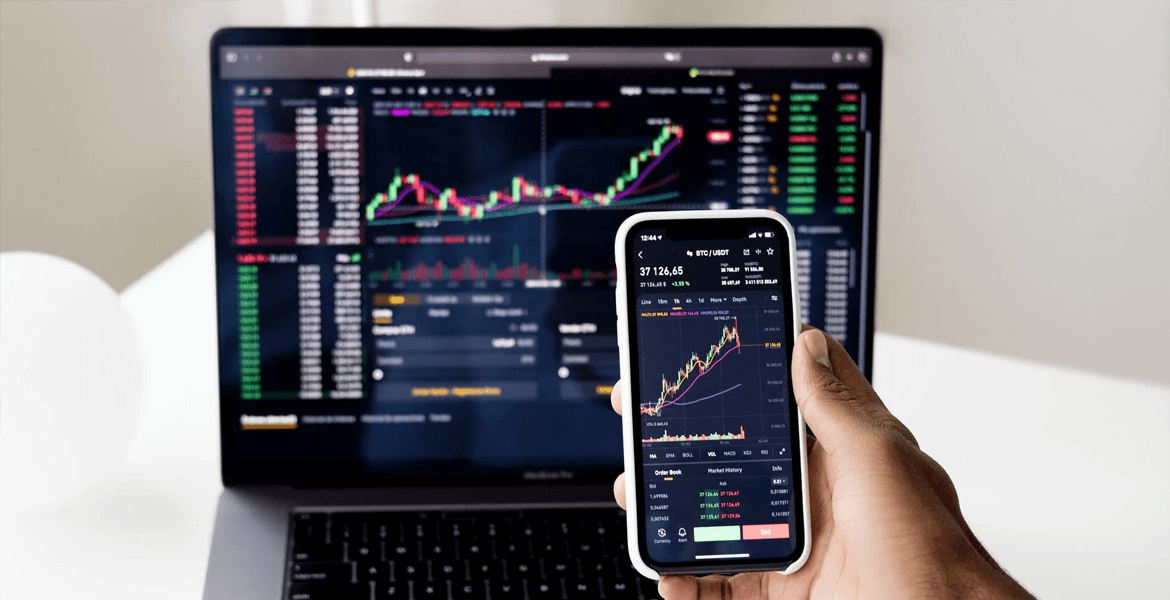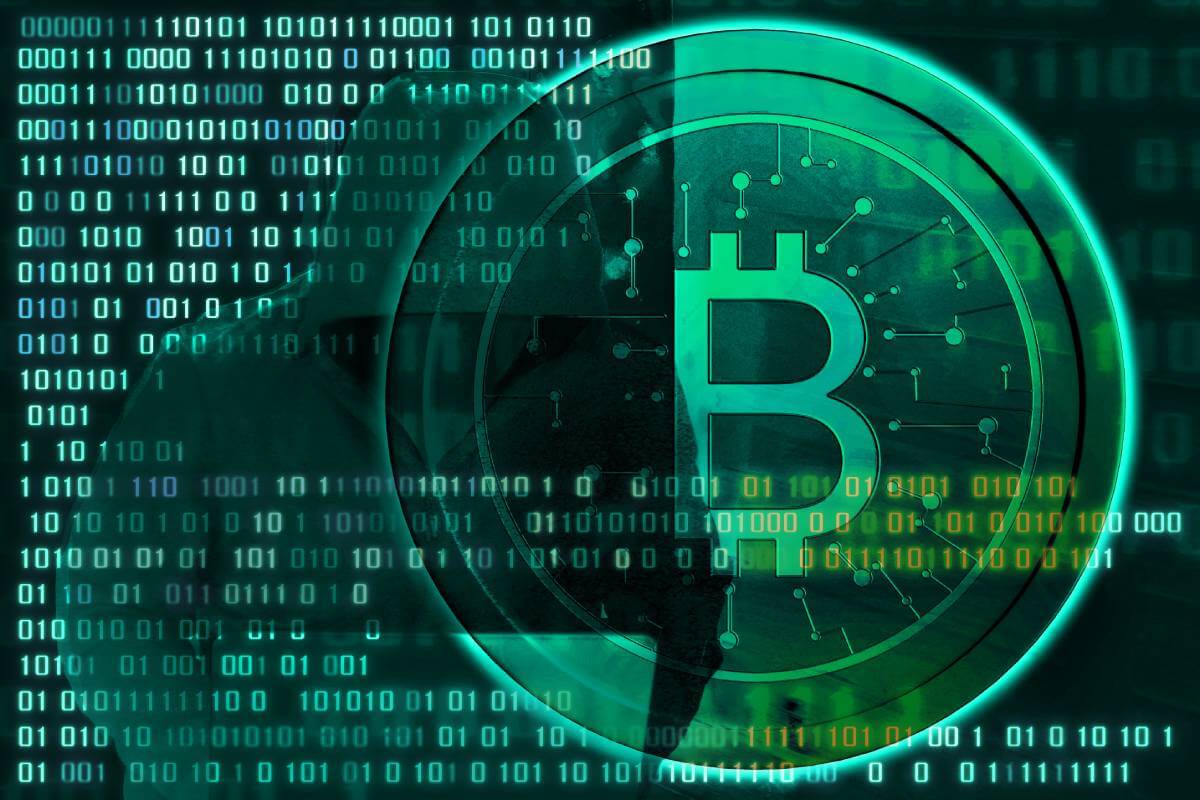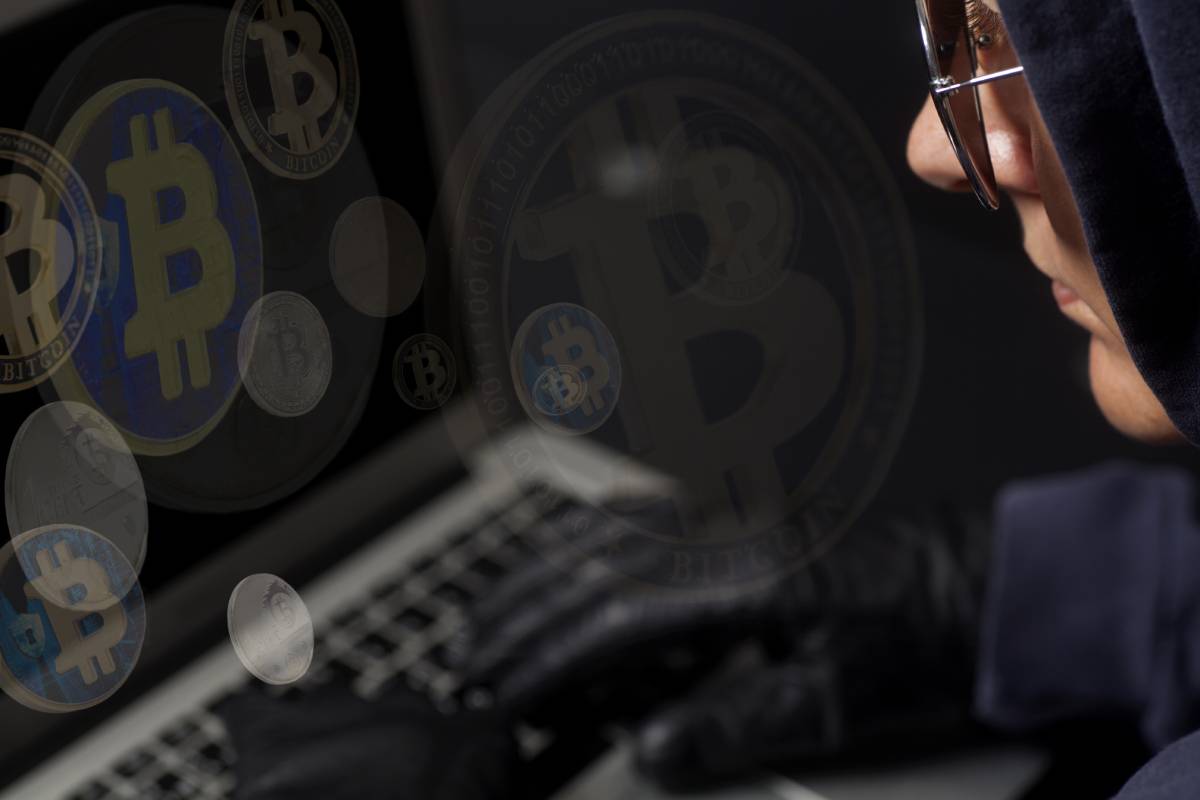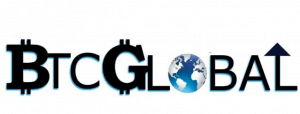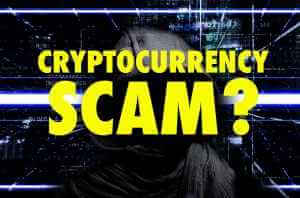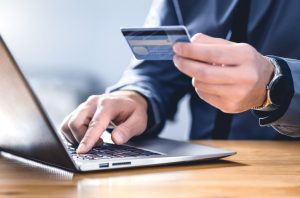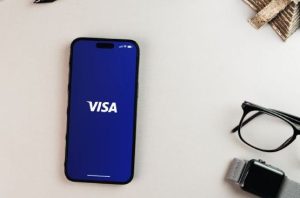Make Forex Trading Safer With These 5 Tips
Forex is one of the most active markets in the world with trillions of dollars in foreign currency going through exchanges daily. Large and small investors benefit from the highly liquid form of investment that can generate significant returns in a short amount of time. The downside is the numerous forex scams that have emerged and have taken in eager traders with false claims and fraudulent methods.
There are, however, many ways to stay safe from forex trading scams. It is important to find a dependable broker, to be aware of the risks, and use practice accounts to familiarize yourself with the market. If you have become the target of forex trader scams, it is important to report the problem.
Broker Complaint Registry is the right place to turn when you have a broker dispute or need an intelligence report in a crypto or forex trading scam. We consult with clients and refer them to experts who can pursue their case in detail and work to investigate the broker, and in many cases succeed in fund recovery. Talk to us today, and we can provide guidance on your claim.
What is Forex?
Forex stands for foreign currency and forex trading involves working with differences in values of currency pairs such as USD/EUR. When you change money during a trip, you are doing something akin to what forex traders do. This type of trading can seems to be very simple to understand at first, but it is more complicated than it seems.
What makes forex complex is its volatility. In just a few hours a currency can go from being highly valued to losing a significant chunk of its value when an institutional investor or country dumps its holdings of certain currencies.
Also, a natural disaster or an election can dramatically alter the value of a currency. That is one reason why forex traders prefer day trading because they could go to bed with a highly valued currency and wake up to a huge loss on their trade.
Tips to Make Forex Trading Safe
Since forex is so volatile and many forex trading scams are lurking, it is important to know how to trade forex safely and successfully.
- Work only with a registered broker
- Use a practice account
- Start in small amounts
- Be careful with leverage
- Use Stop Loss Protection
Work With a Registered Broker
A solid license may be the most important thing to look for in a broker. One thing that many forex trading scams have in common is that most of them are created by fake brokers who do not have a license or have a third or fourth-tier license.
A license means that a broker has oversight from a regulator and obviously, dishonest parties do not want regulators to see what they are doing.
In addition, first-tier regulators, such as the Financial Conduct Authority have very high standards and do not just accept just any broker. They also carry out regular inspections and require paperwork. Licenses often have to be renewed. In addition, if clients make complaints against a broker and if these complaints are found to be substantive, the broker can face significant penalties.
Ensure that any license your broker has is up to date and is authentic. Double-check this with the regulator–do not take statements on the broker’s website at face value. In addition, research the regulator providing the license to determine whether it is a high-quality license and what their procedure is for handling broker complaints.
Use a Practice Account
Forex may not seem hard to understand, but it is far more intricate and fast-paced than many novice traders imagine. Most reliable brokers offer practice accounts to give traders a chance to pretend to trade forex without the risk of losses. Don’t just practice trades on a game platform, but keep a trade journal to note where you are making wins and losses and what strategies are working.
Don’t be too quick to trade real money. Wait until you have seen some success with mock trades. At the same time, watch webinars and read blogs with advice on forex trading strategies. When you have enough information and experience, you can take the risk of using your own money for trades.
Start Trading Small Amounts
Start small and work your way up sounds like easy advice, but it can be hard to follow. It is easy for new traders to let the excitement carry them away and to jump on trades that seem to be sure things. However, there are no sure things in forex, given the volatility of the market.
Starting with small amounts is not just a good idea because of the uncertainty of the market, but it is also a good way to test how reliable your broker is. First see if your broker will let you withdraw your money without extravagant fees, delays, or excuses. If the withdrawal goes smoothly, you can feel confident trading higher amounts with this broker.
Leverage
Leverage allows you to realize significant gains from a small initial trade. However, it can also lead to huge losses. Practice leverage as well in your mock investments and find a level you are comfortable with.
Use Stop Loss Protection
Not all brokers offer stop-loss protection, but it is worthwhile to work with a broker who does. Stop-loss protection can keep your money safe from significant losses. It involves setting a maximum amount that you are willing to lose and ensuring that trading stops when you have reached that level. It prevents an impulsive desire to regain losses in additional desperation trades, which can lead to even greater losses.
No forex trading is absolutely safe, but if you follow certain tips, you are less likely to experience large losses. Being careful about choosing a broker can also keep you safe from forex trading scams. If you have lost money in a forex scam, talk to Broker Complaint Registry today.
Need to Report a Forex Broker? Broker Complaint Registry Will Help
Contact Broker Complaint Registry experts if you need an intelligence report as the result of a forex trading scam. We deal with a variety of issues, including data theft, broker scams, and crypto complaints. Our team will refer you to experts who have vast experience dealing with regulators, banks, and law enforcement. We will provide advice and give you valuable guidance to help you resolve the issue.

